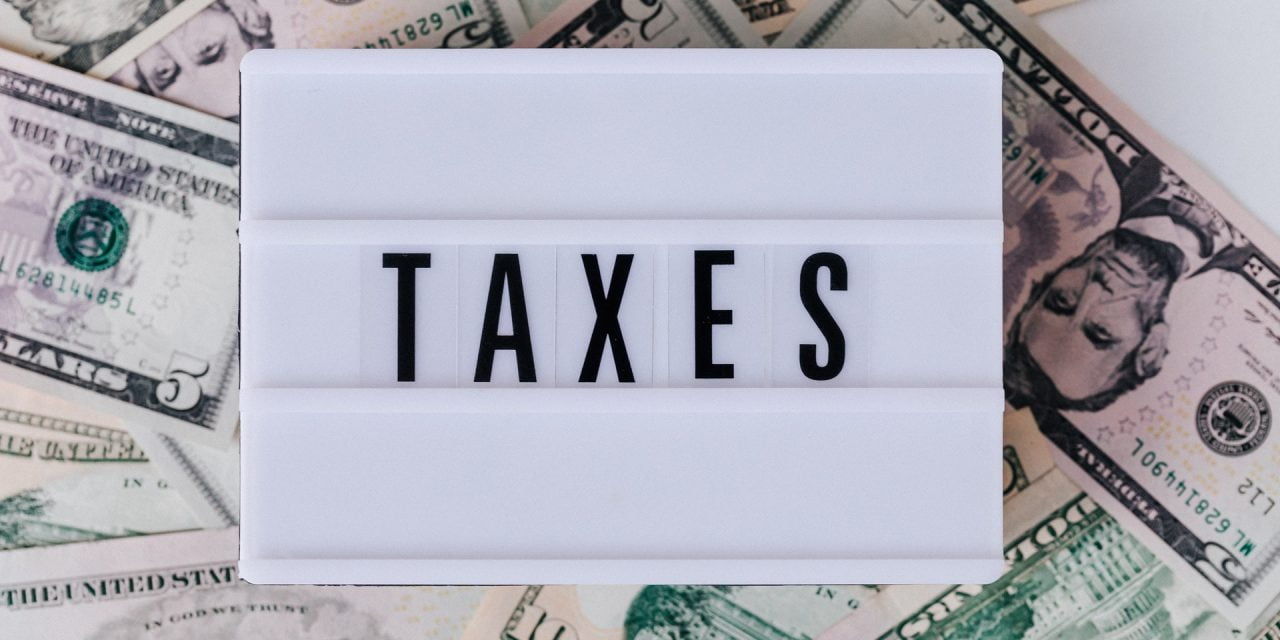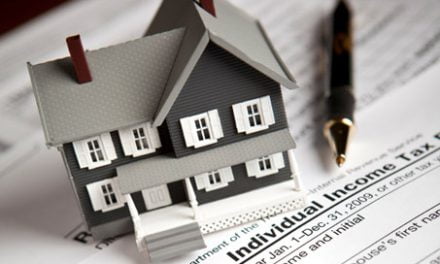When homeowners have tight budgets, they have to prioritize which bills get paid first and which they can put off until later. Sometimes one of the most important bills is the last thing on their minds: their property taxes.
Unless they have an impound account on their mortgages, homeowners are directly responsible for paying this bill.
In California, property taxes are paid in two installments. The first installment becomes delinquent on December 10th. The second installment becomes delinquent on April 10th.
When a homeowner’s tax payment is delinquent, they must pay a 10% penalty on their delinquent taxes.
If your client fails to pay their property taxes before the date listed on the tax collector’s notice of impending default, the property is considered tax defaulted. In this case, your homeowner:
- must pay an additional 1.5% monthly penalty; and
- has five years to redeem their property before the county tax collector sells it at public auction.
If your client fails to pay all property taxes, penalties and related charges due within five years of the default, the tax collector will begin foreclosure proceedings. To do so, the tax collector must:
- send the property owner a notice of foreclosure;
- publish the notice of foreclosure in a local newspaper;
- send a second notice to the property owner after publication of the first notice of foreclosure, but prior to the public auction; and
- after serving all required notices, foreclose on the property.
The April 10th deadline is coming around. If your clients find themselves in in this predicament, advise them to speak with their local tax collector on options for redemption. They may qualify for an installment plan to pay off their debt.
This article was originally posted November 19, 2012 and has been updated.



















